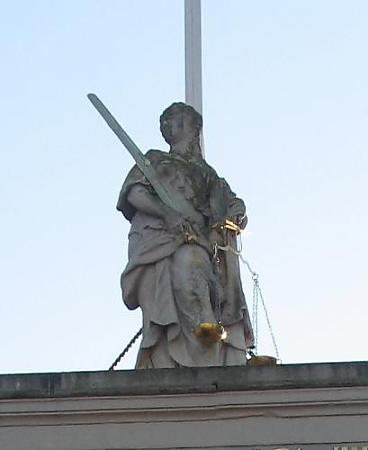SP Euro-MP Dennis de Jong “pleased with recognition of right to legal aid in EU”
SP Euro-MP Dennis de Jong “pleased with recognition of right to legal aid in EU”

This morning the EU member states’ permanent representatives – Coreper, the body of civil servants which gives administrative support to the Council of Ministers – approved the compromise on the directive on legal aid which the Dutch EU Presidency had reached with the European Parliament rapporteur, SP Euro-MP De Jong. “I’m grateful to the Dutch Presidency and in particular Security and Justice Minister Ard van der Steur for the enormous effort they have put into this difficult dossier. The result isn’t perfect, but we have in any case a basis for legal aid in criminal proceedings in every EU member state. Access to this right must be guaranteed to all. We don’t want to see class justice.”
The EP’s efforts were from the start aimed at ensuring that in all situations in which suspects have a right, according to existing EU law, to the services of a lawyer, they also have access to legal aid. “This turned out unfortunately not to be achievable, due to resistance from a number of member states,” says De Jong. “But the outcome is somewhat better than the original proposal from the European Commission. It’s now been broadened to be applicable to all criminal cases and not just those involving a European Arrest Warrant. Also, specifications have been added regarding the quality of legal support offered and on the criteria which in actual cases will determine whether someone qualifies for legal aid or not.”
The directive could increase member state’s confidence in each other’s legal systems and ensure that in countries such as Hungary, which currently offers virtually no legal aid, new and improved systems can be established. “Just as importantly, in member state which have cut legal aid, such as France, Belgium and also the Netherlands, you will not be able to block access to the law for people who can’t afford to pay for a lawyer themselves,” says De Jong. “So the directive could give a boost to social advocacy, which is at present resisting destructive cuts.”
- See also:
- Europe
